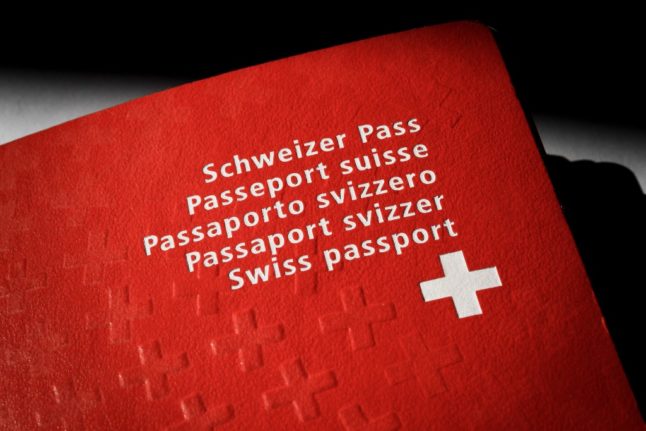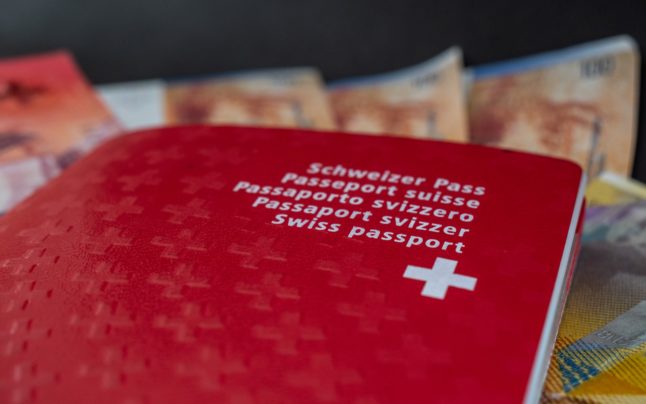Married in 2010 to a Swiss man 15 years her senior, a Moroccan woman became naturalised through the facilitated process in 2015, but separated from her husband just months later.
As soon as the couple divorced in 2017, the woman remarried in Lebanon, raising suspicions among Swiss authorities about the ulterior motives behind her marriage in Switzerland.
READ MORE: EXPLAINED: Why ‘simplified’ Swiss naturalisation is actually not that simple
According to media reports on Monday, “after inquiring into the circumstances of the couple’s breakup” and concluding that the woman married expressly to get a Swiss passport, the State Secretariat for Migration (SEM) revoked her naturalisation.
She appealed the decision, first to an administrative court, and then to Switzerland’s highest judicial authority, the Federal Court. Both have upheld SEM’s decision.
“The SEM may cancel the facilitated naturalisation obtained by false statements or by the concealment of essential facts”, the federal judge ruled, adding that the woman obtained her citizenship through “disloyal and deceptive behaviour”.
While this may seem like a rare occurrence, in fact it is not.
On average, SEM revokes close to 50 naturalisations each year following a divorce.
But there are also other circumstances when the government can strip someone of Swiss citizenship.
As The Local reported earlier in 2022, “dual nationals can have their Swiss citizenship revoked if their conduct is seriously detrimental to Switzerland’s interests or reputation”.
One example of when such a drastic and irrevocable step can be taken is in the case of people convicted of war crimes, terrorism, or treason.
Between 1940 and 1947, 80 Swiss nationals were deprived of their citizenship because they collaborated with the Nazis.
More recently, in 2019, a Turkish-Swiss dual national lost his Swiss citizenship after being convicted by the Federal Criminal Court for being a member of Islamic State (ISIS).
The last such case, in 2020, involves a woman who was born and raised in Geneva but also has a French passport in addition to a Swiss one. She took her two young daughters to live in the ISIS enclave in Syria without the knowledge of their respective fathers.
In both these cases, authorities revoked their citizenship, banning them from returning to Switzerland and possibly posing a security threat within the country.
Whatever the reason for withdrawing the citizenship, it can only be done if the person has a second nationality. Otherwise, Switzerland would create stateless people, an act prohibited by international law.
And while in certain cases the citizenship can be reinstated, you can’t get it back if your naturalisation has been nullified or if your citizenship has been revoked, for reasons cited above.
READ MORE: EXPLAINED: Can Swiss citizenship be revoked – and can you get it back?



 Please whitelist us to continue reading.
Please whitelist us to continue reading.
Member comments